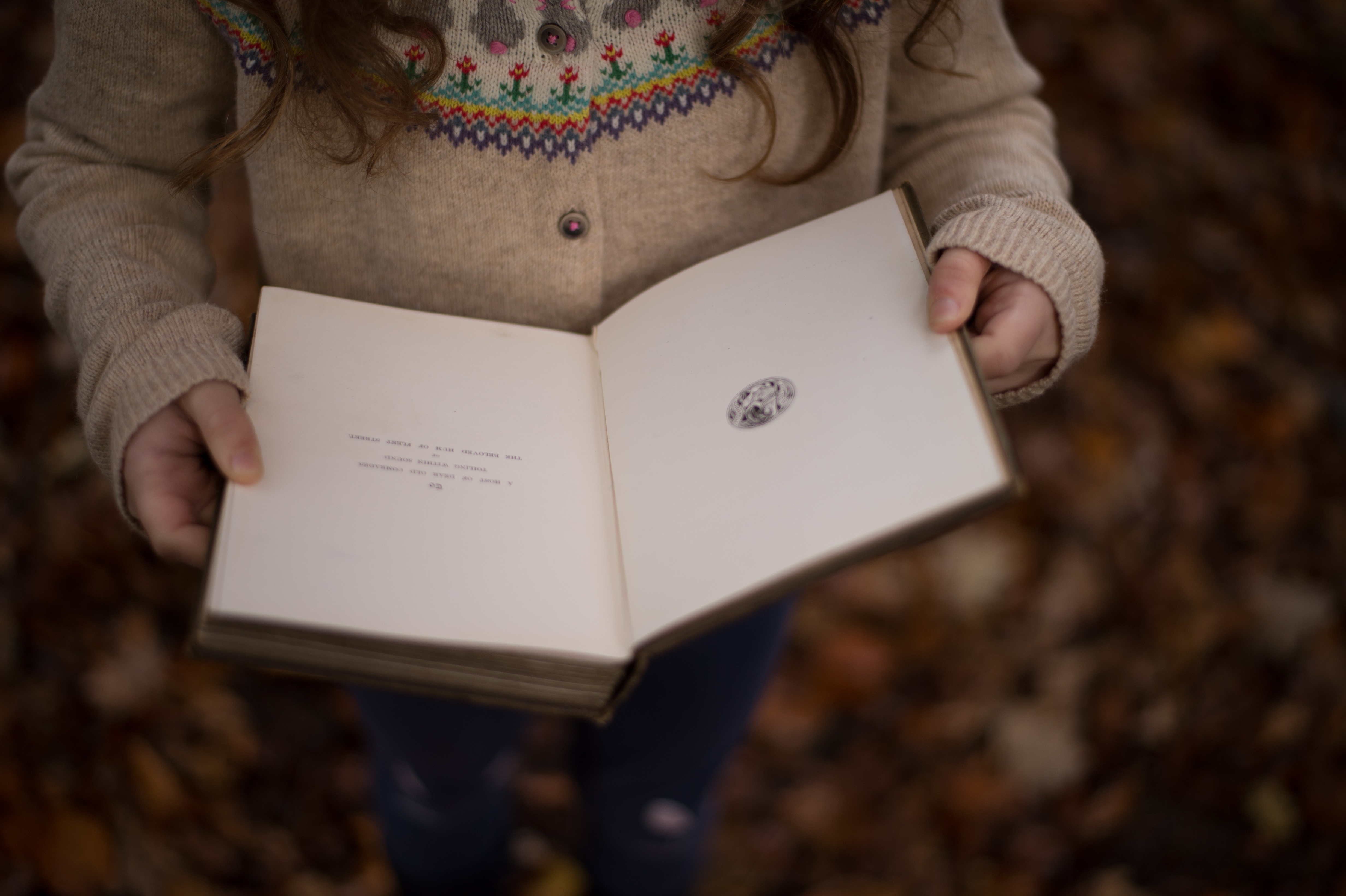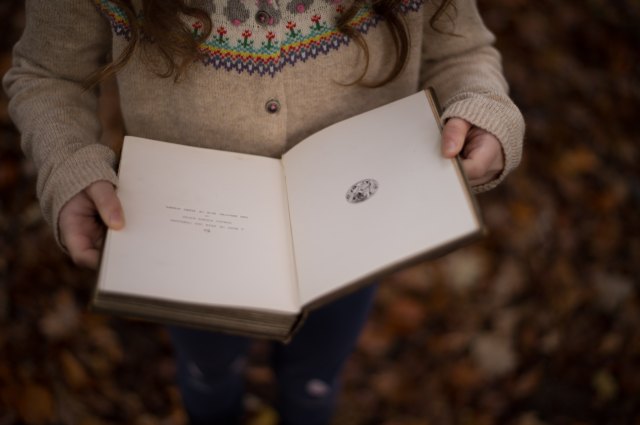
When I was a child, there was no way my parents could censor my reading. I simply read too fast and too much for them to keep up.
Once, though, I got hold of a science fiction novel by Robert Silverberg that had a sex-infused plot that was way beyond my then-current level of sophistication. When I reported to Mom that I was disturbed by it, she wrote in it “Not for young minds” before we recycled it at the used bookstore (as we did most books in those days).
But she still didn’t try to censor my reading.
I understand that there is a need to make decisions about what books will be in a school library, for reasons of space if nothing else. Within those limitations, school librarians must choose the best and most engaging books they can. And not all schoolteachers can choose their own reading lists, as they may be determined by the school, the school board, or parental influence.
As to what a child should read, I advocate giving the individual child’s taste free rein. Reading is reading and practice reinforces it. If the reading is forced upon the child or–worse–is boring, the child will come to view reading as punishment, not pleasure. (The same holds true of writing, by the way.)
If your children have questions or are disturbed by a book they read, talk with them about the book. With them, not at them. Most kids know what is too sexual or too violent or too whatever for them. I have even seen a child leave a movie that was becoming bloodier than he thought he was ready for.
And so what if your child reads trashy comic books or graphic novels? Or escapist fantasy? Or biographies of pop stars or sports heroes? As the child grows, you can suggest other books that may fill the same needs but be a bit more challenging. There are plenty of good adventure novels by classic writers, including Alexandre Dumas, Robert Louis Stevenson, Victor Hugo, and even Zane Grey. (William Goldman has a charming story about this process in his introduction to The Princess Bride.)
Or you may be able to interest a child in reading the book that a favorite movie was based on. Then ask her or him how the two differed. (The Hobbit is a prime example.)
The object here is widening a child’s horizons, not narrowing them. You may not like all their choices, but they surely won’t like all of yours either. It’s like educating their palates. You’ll get through that awful peanut butter and pickle phase and into realms as distant as sushi.
I’m not saying that you should leave your child alone with Fifty Shades of Grey (though if you have it in the house, your child is sure to find it). There are other books that can introduce your teen or even your preteen or tween to topics concerning the human body and sex – and the emotional aspects of it that aren’t covered in schools. Judy Blume’s books, for example, once thought so shocking, have stood the test of time.
The message you give a child when you say “no” to a book may be different from what you think. You may think you are saying, “That book is too advanced for you” or “That book is trash,” but the child may hear, “Books are not for you” or “Reading is worthless.”
“Let children read whatever they want & then talk about it with them. If parents and kids can talk together, we won’t have as much censorship because we won’t have as much fear.”—Judy Blume
Judy Blume is right. Reading and talking about it is better than censorship and fear.











